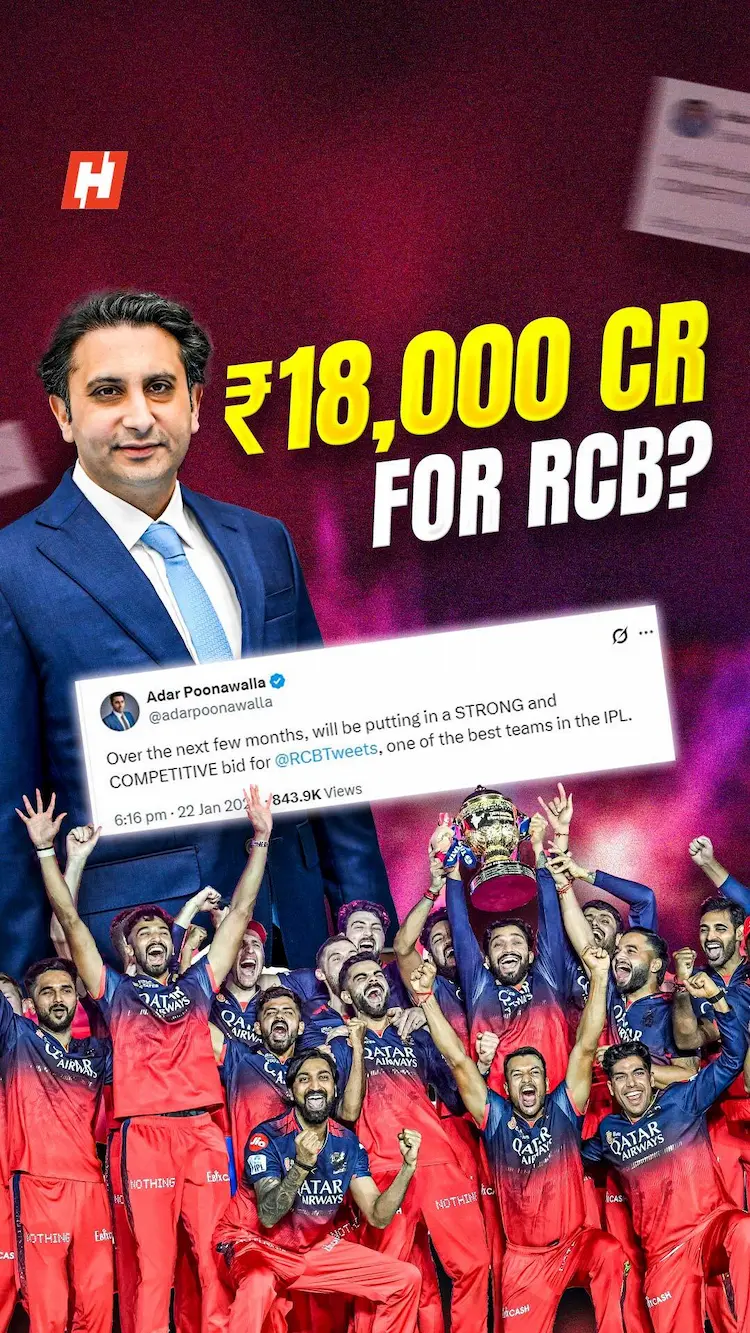How private schools in India are exploiting parents
A national survey by LocalCircles involving 31,000 parents across 309 districts revealed that 44% of parents reported their children’s school fees increased by 50-80% over the last three years, with 8% stating hikes of over 80%. This sharp rise has been described as a "national phenomenon," with most state governments failing to effectively regulate or cap these increases. Only Tamil Nadu and Maharashtra have fee regulation in place, while 93% of parents blamed their state governments for inaction.
In cities like Bengaluru, Delhi, and Hyderabad, parents have protested against fee hikes ranging from 10% to 30% annually, with some schools demanding double the existing fees for pre-primary and primary admissions. Many parents report that these fee increases outpace inflation and wage growth, forcing families to make significant sacrifices or take loans to afford education. Hidden costs for uniforms, books, extra classes, and activities further add to the burden.
Government actions reflect the severity of the issue. In Gujarat, six private schools were fined up to Rs 2.5 lakh for charging fees beyond the limits set by the Fee Regulatory Committee. Delhi’s Directorate of Education has launched a crackdown on private unaided schools illegally hiking fees, conducting surprise inspections and threatening cancellation of school recognition for non-compliance. For example, Delhi Public School (DPS) Dwarka faced multiple fee hikes between 7% and 20% annually over recent years and was also flagged for financial irregularities amid complaints of profiteering and harassment of parents.
A national survey by LocalCircles involving 31,000 parents across 309 districts revealed that 44% of parents reported their children’s school fees increased by 50-80% over the last three years, with 8% stating hikes of over 80%. This sharp rise has been described as a "national phenomenon," with most state governments failing to effectively regulate or cap these increases. Only Tamil Nadu and Maharashtra have fee regulation in place, while 93% of parents blamed their state governments for inaction.
In cities like Bengaluru, Delhi, and Hyderabad, parents have protested against fee hikes ranging from 10% to 30% annually, with some schools demanding double the existing fees for pre-primary and primary admissions. Many parents report that these fee increases outpace inflation and wage growth, forcing families to make significant sacrifices or take loans to afford education. Hidden costs for uniforms, books, extra classes, and activities further add to the burden.
Government actions reflect the severity of the issue. In Gujarat, six private schools were fined up to Rs 2.5 lakh for charging fees beyond the limits set by the Fee Regulatory Committee. Delhi’s Directorate of Education has launched a crackdown on private unaided schools illegally hiking fees, conducting surprise inspections and threatening cancellation of school recognition for non-compliance. For example, Delhi Public School (DPS) Dwarka faced multiple fee hikes between 7% and 20% annually over recent years and was also flagged for financial irregularities amid complaints of profiteering and harassment of parents.
The Central Board of Secondary Education (CBSE) has sought detailed data from private schools on fee structures and increases, aiming to curb unreasonable fees and hidden charges. Despite these efforts, many parents feel trapped in a cycle of soaring costs with little transparency or recourse.
In summary, the steep and often unregulated fee hikes by private schools across India are placing a heavy financial burden on parents, with inadequate government intervention and growing public outcry about the exploitation in the name of education.









